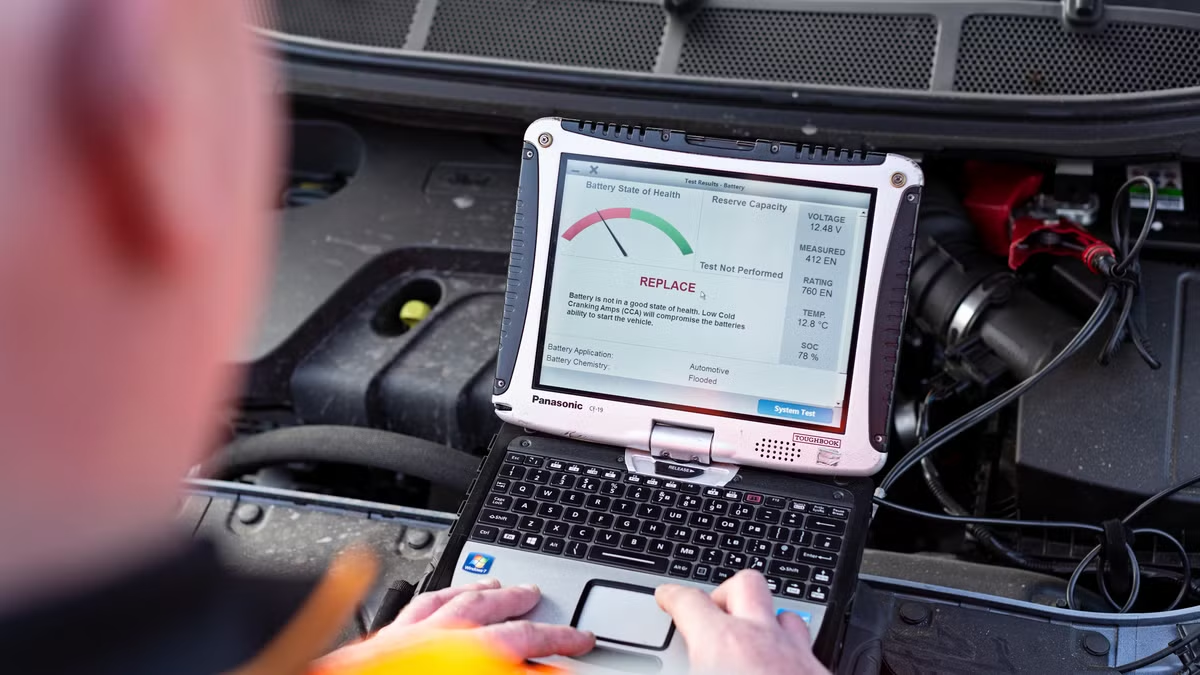HALF OF UNPAID CARERS HAVE NEVER TAKEN A BREAK

The UK’s largest community of unpaid carers is urging hundreds of thousands of Scots providing unpaid care for loved ones to access vital respite funding, following research which reveals that almost half of unpaid carers have never taken a break.
This comes as the Scottish Government considers making breaks from unpaid caring roles the legal right of all Scots who look after loved ones – as many as 800,000 people.
The research, carried out by the carer-led community Mobilise, shows that 47% of unpaid carers living in the UK have never had a break. A further 1 in 5 (19%) said that their last break was over six months ago, and less than a third (29%) had taken a break in the past 12 weeks.
Many survey respondents cited a lack of available support as their reason for being unable to take a break from their caring responsibilities.
In response, experts at Mobilise are calling for greater awareness of funding for replacement care services and holiday accommodation which can give unpaid carers desperately needed breaks, as well as new developments around Scottish carers’ rights to breaks.
What rights do unpaid carers have to take breaks?
Local Authorities have a duty, under the Carers (Scotland) Act 2016, to provide services for unpaid carers which help prevent burnout. Plus, anyone in a caring role has the right to be assessed for an ‘Adult Carer Support Plan’ (or Young Carer Statement, if you’re caring for a child).
This can lead to free respite care services, or funding for breaks and activities that offer time away from caring responsibilities – ranging from regular time off to a short holiday.
In addition, Scottish politicians are currently proposing more direct routes to respite. All unpaid carers living in Scotland would be legally entitled to take a break under the National Care Service Bill, which is being debated in Parliament on 25th February.
What respite care funding is available?
Adult Carer Support Plans aren’t the only way to access replacement care services. A number of different funding options are available to give Scottish carers respite breaks (sometimes known as ‘carers breaks’ or ‘short breaks’), depending on the level of care you provide and the needs of the person you are caring for.
Respite care costs can also be covered by:
- Local council funding via Social Care Assessments – Depending on where you live, respite care funding may fall under the care plan of the person you care for, which is put in place following what’s known as a Social Care or Community Care Assessment. You can ask your local council’s social care department for help with this.
- NHS Continuing Healthcare funding – This funding can provide professional care services for the person you look after, whilst you take a break. Eligibility is based on the health care needs and circumstances of the care recipient. The NHS has more information about this criteria, and your GP can also advise and help you apply.
- Local Carers’ Centre funding – Your local Carers’ Centre may have their own respite scheme, offer grants, or be able to offer details of other funding available in your area. Find out more here.
- Charitable funds & grants – Other organisations that provide free respite care include:
- Turn2Us – This charity offers grants for respite care
- The Respite Association – Specialist respite care for disabled, sick, elderly and terminally ill people is available through this charity
- HRH Princess Royal’s Respite Fund for Carers – This fund offers grants for replacement care costs as well as group activities, which may offer a short break and/or time to socialise with other carers
Where can carers get free respite accommodation?
Even with respite care services in place, holiday accommodation costs can be prohibitive for carers who often face additional expenses, and may have to drop out of paid roles or reduce their hours. To help break down this barrier to breaks, a number of organisations offer free accommodation for carers. Some also offer support for your cared-for person to join you.
Free respite accommodation options include:
- Take A Break Scotland – Scottish carers who look after disabled children and young people can apply for cash grants towards short breaks via this charity
- Shared Care Scotland – From accessible hotels that host carers and their loved ones, to home-based respite services and holiday accommodation for carers, this charity helps carers find and fund regular short breaks
- Carefree – This charity offers 1-2 night hotel stays, which you can have a companion join you for (someone other than the person you look after, to give you a break from caring)
- After Umbrage – Free 4-day cottage breaks are available through this charity for those caring for loved ones with life-limiting and terminal conditions
- The Respite Association – As well as free respite care, if you look after someone with a disability or additional health needs, this charity offers week-long seaside holidays
- Disability Grants – If you look after a disabled person, this organisation lists holiday grants, with a ‘supported holiday’ option to make breaks more accessible for you both
To get more help finding and applying for respite care funding and support, you can visit Mobilise’s detailed Guide to Respite.
Care support experts are also on hand to help via the Mobilise website.




















